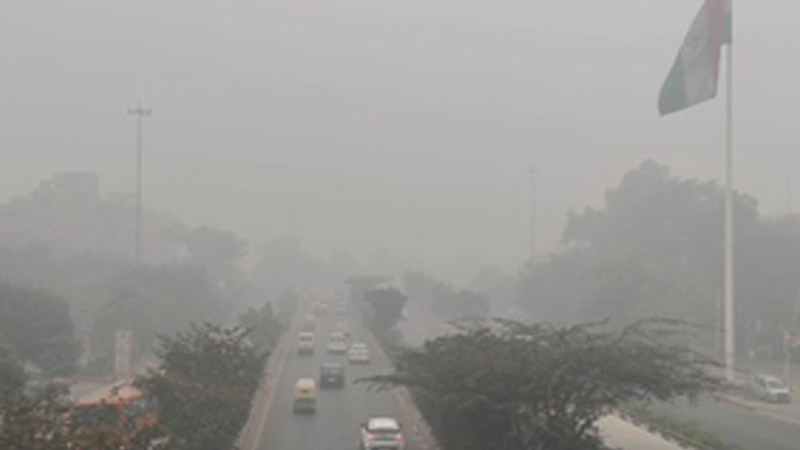
NEW DELHI: A chilling cold wave has thrown life out of gear across northern India, with Delhi being heavily affected on Tuesday (January 14) morning. A dense layer of fog enveloped the city, reducing visibility to zero in some areas and leading to widespread travel disruptions. By 6 am, 39 trains were delayed, with some running as late as four hours.
The minimum temperature in Delhi was 8.9 degrees Celsius, slightly above average for this time of year, while the maximum temperature was predicted to hover around 19 degrees Celsius. The air quality remained poor, with the Air Quality Index (AQI) recorded at 256 by 9 a.m. The IMD also warned of continued dense fog throughout the day.
For context, an AQI reading of 201 to 300 is classified as poor, potentially causing discomfort for sensitive groups such as children and the elderly.
Cold Wave Sweeps Across North India
Beyond Delhi, the severe cold wave continues to grip large parts of northern India, including Rajasthan, Jammu and Kashmir, Uttar Pradesh, and Chandigarh. Low visibility due to dense fog has disrupted daily life in several regions.
In Rajasthan, Jaipur residents battled biting cold, with drivers relying on headlights during the early hours and locals gathering around bonfires for warmth. Mount Abu recorded the coldest temperature in the state, dipping to -1 degree Celsius. Vehicles and open areas were covered in frost, posing challenges for residents and tourists alike, especially during the Makar Sankranti festivities.
Srinagar also experienced freezing temperatures at minus 3.1 degrees Celsius, while, Chandigarh witnessed a thin foggy blanket, making outdoor activities challenging.
In Prayagraj, Uttar Pradesh, the Mahakumbh festival carried on despite the chilly weather. Thousands of devotees braved the 13.4-degree Celsius temperature to participate in the religious event, which included ritual bathing ceremonies by sadhus from 13 akhadas.
This extreme weather has left millions struggling to cope, with many regions witnessing record-low temperatures and disruptions to daily routines.
Delhi's air quality has taken a worrying turn. Monitoring stations across the city are reporting high pollution levels. In fact, the latest data from the Central Pollution Control Board shows that the Air Quality Index (AQI) in Delhi has reached a concerning 285.